Contemporary Articles
This area of Channel McGilchrist is dedicated to articles of interest on contemporary topics as chosen by Dr Iain McGilchrist.
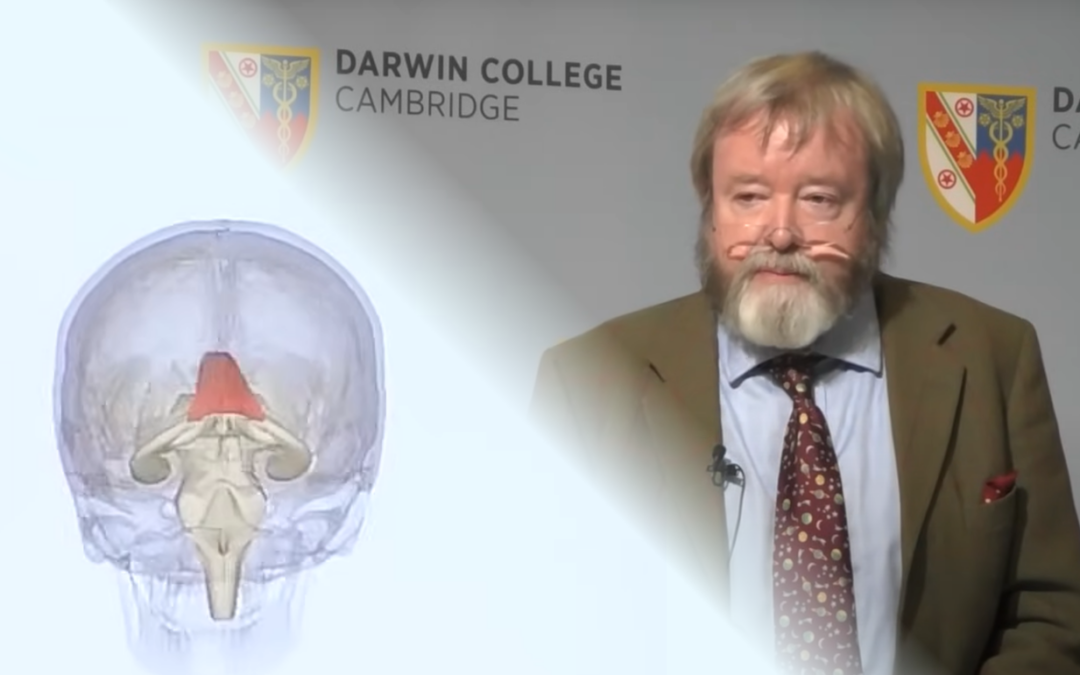
A Revolution in Thought? – Dr Iain McGilchrist
Running Time: 01:04:11
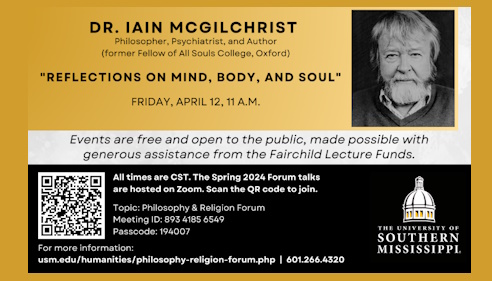
The Fairchild Lecture Series Philosophy and Religion Forum Spring 2024
Reflections on Mind, Body, Soul Friday 12th April 2024, 11 am CST(zoom event)The Spring 2024 Forum talks are hosted on Zoom. The meetings are available at the following link: Topic: Philosophy & Religion Forum Join Zoom...
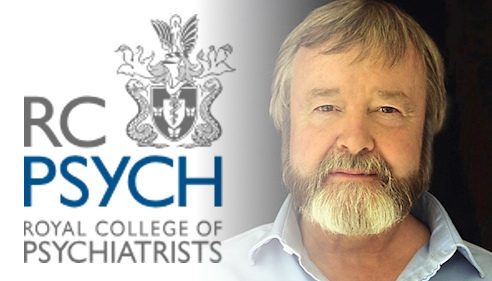
The nature and importance of brain asymmetry; an afternoon with Iain McGilchrist – The RCP’s Evolutionary Psychiatry Special Interest Group, London.
Friday 5th April 2024, from 1pm (in-person event) Event description. Dr Iain McGilchrist is a retired psychiatrist and clinical director. He was previously an Oxford don in English literature. He has authored a number of major works that have attracted worldwide...
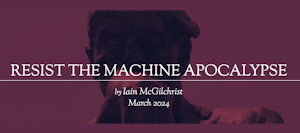
Resist the Machine Apocalypse by Iain McGilchrist – 2024
No two ways about it: We are making ourselves wretched. We are more affluent than ever, but riches—and power, the only point in having riches—do not make people happy. Ask a psychiatrist. Or take a look at the face of Vladimir Putin, who has, alas, the power of life and death over millions of people and is the owner of the most expensive toilet-paper dispenser in the world. No, affluent as we are, we are also more anxious, depressed, lonely, isolated, and lacking in purpose than ever. Why is this? I suggest it is because we no longer have the foggiest idea what human life is about. Indeed, there is a sense in which we no longer live in a world at all, but exist in a simulacrum of our own making.
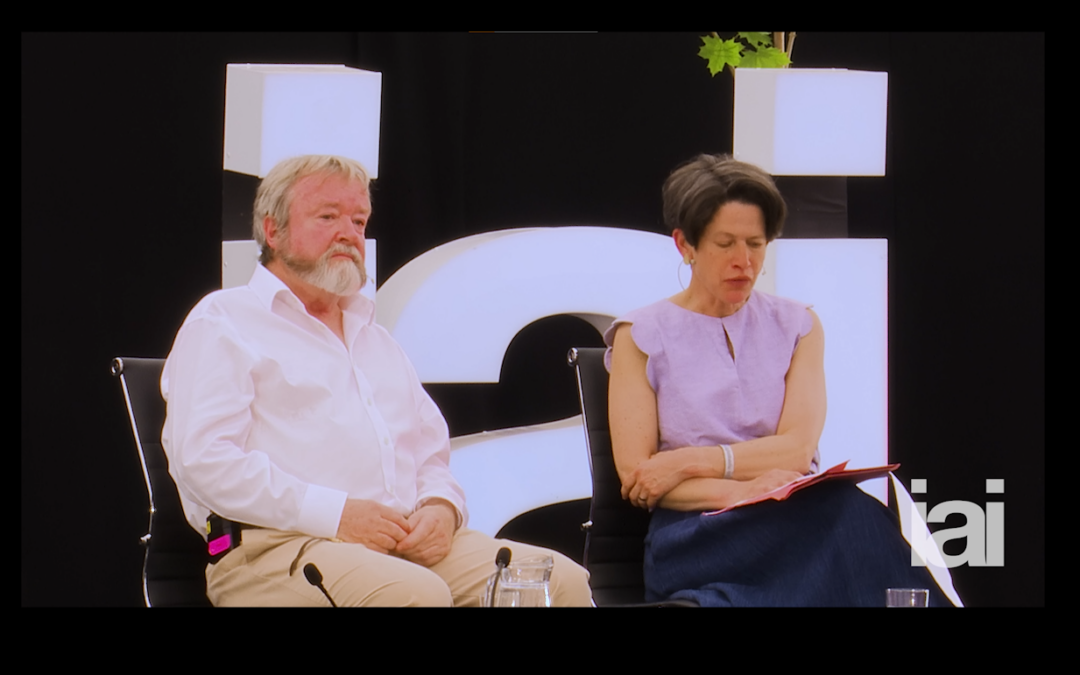
Is Creativity Essential to Understanding the Universe? | Roger Penrose and Iain McGilchrist at the Institute of Art and Ideas (IAI)
Running Time: 00:10:22
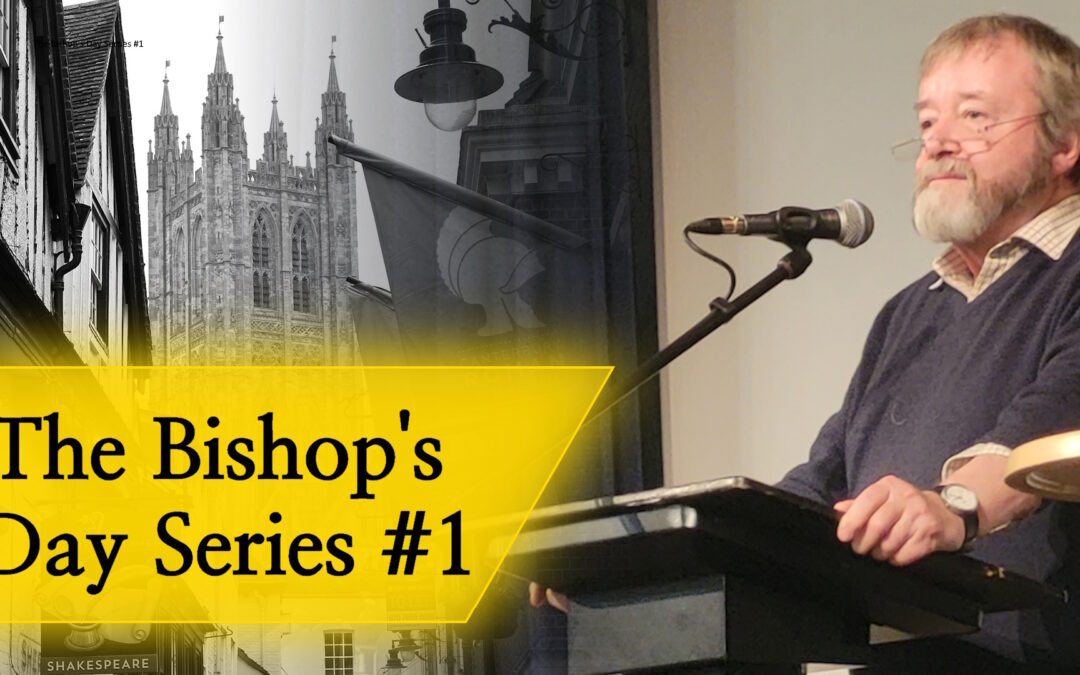
The ‘Bishop’s Day Series’: Canterbury 2023 (#1: Opening Worship)
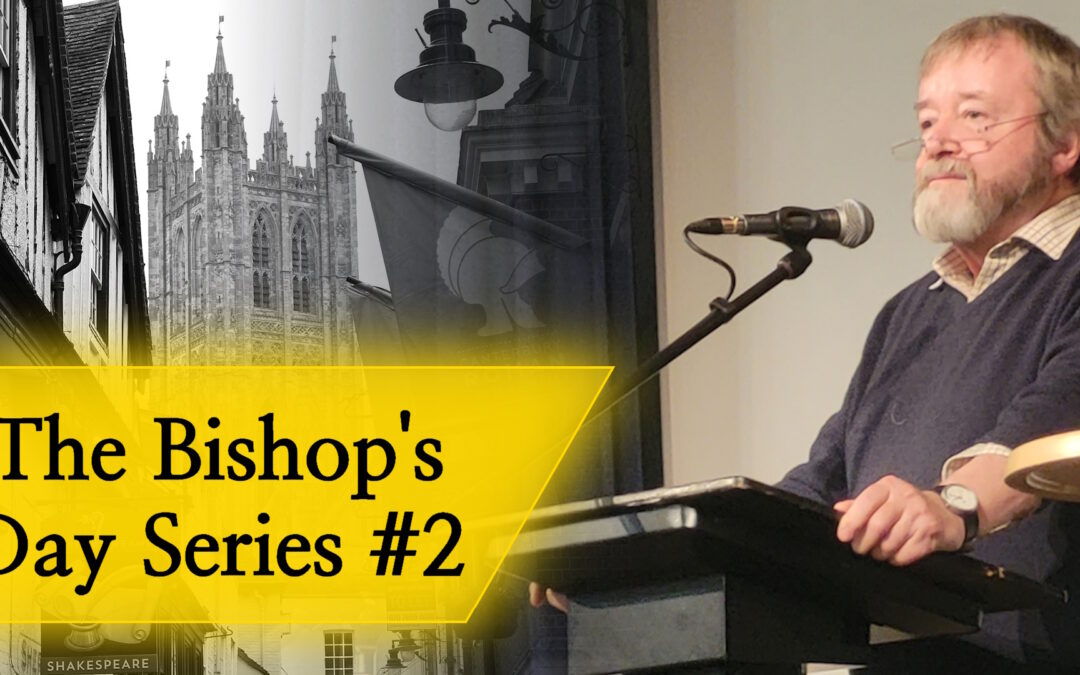
The ‘Bishop’s Day Series’: Canterbury 2023 (#2: Session 1)
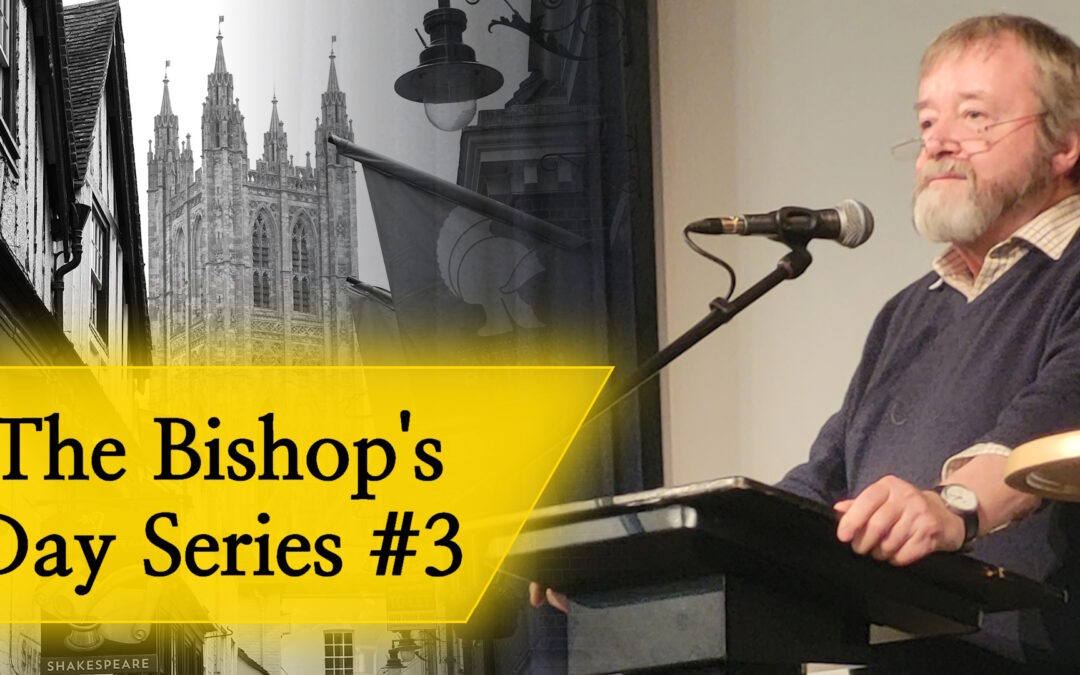
The ‘Bishop’s Day Series’: Canterbury 2023 (#3: Session 2)
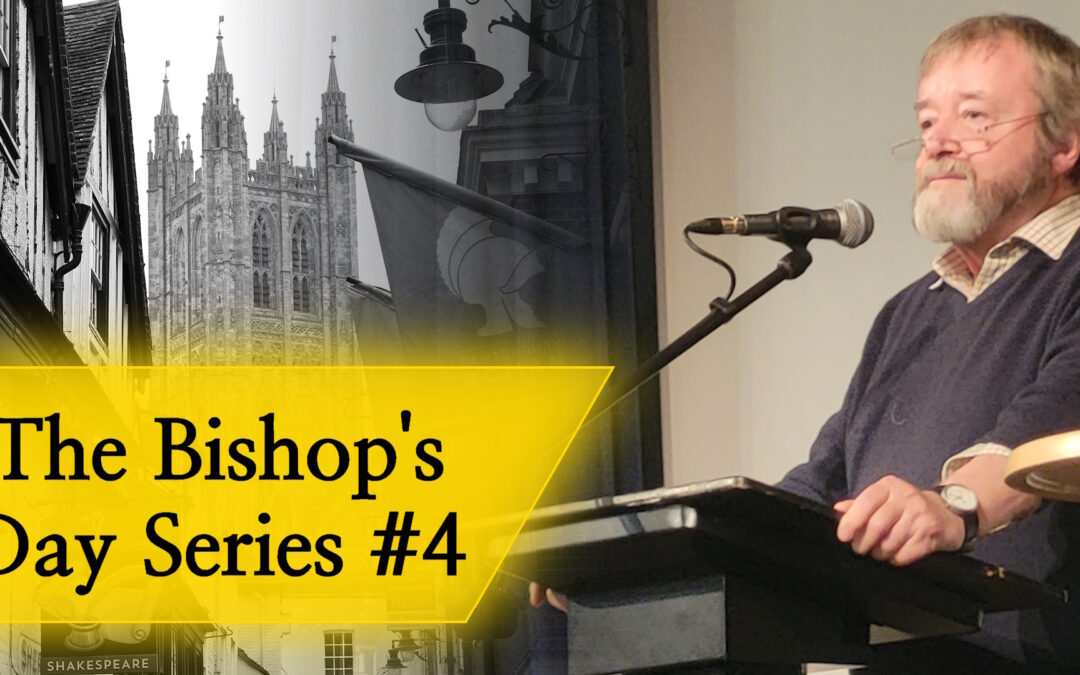
The ‘Bishop’s Day Series’: Canterbury 2023 (#4: Session 3)
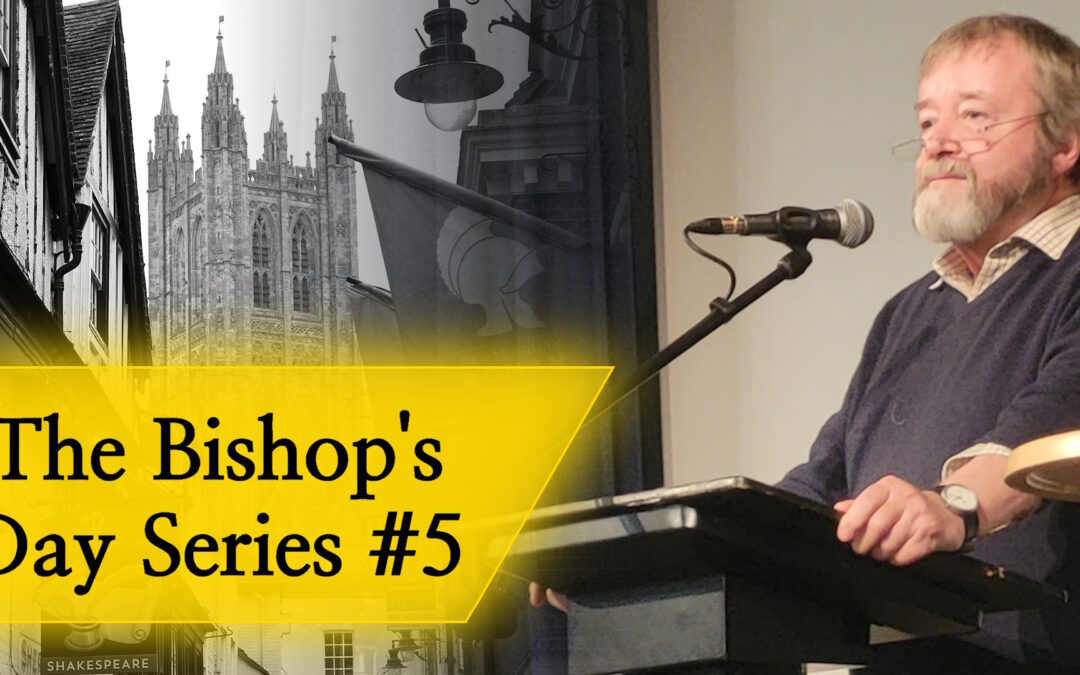
The ‘Bishop’s Day Series’: Canterbury 2023 (#5: Session 4)

The Fargo Radio Podcast : Craig Blumenshine with Dr Iain McGilchrist – January 2024
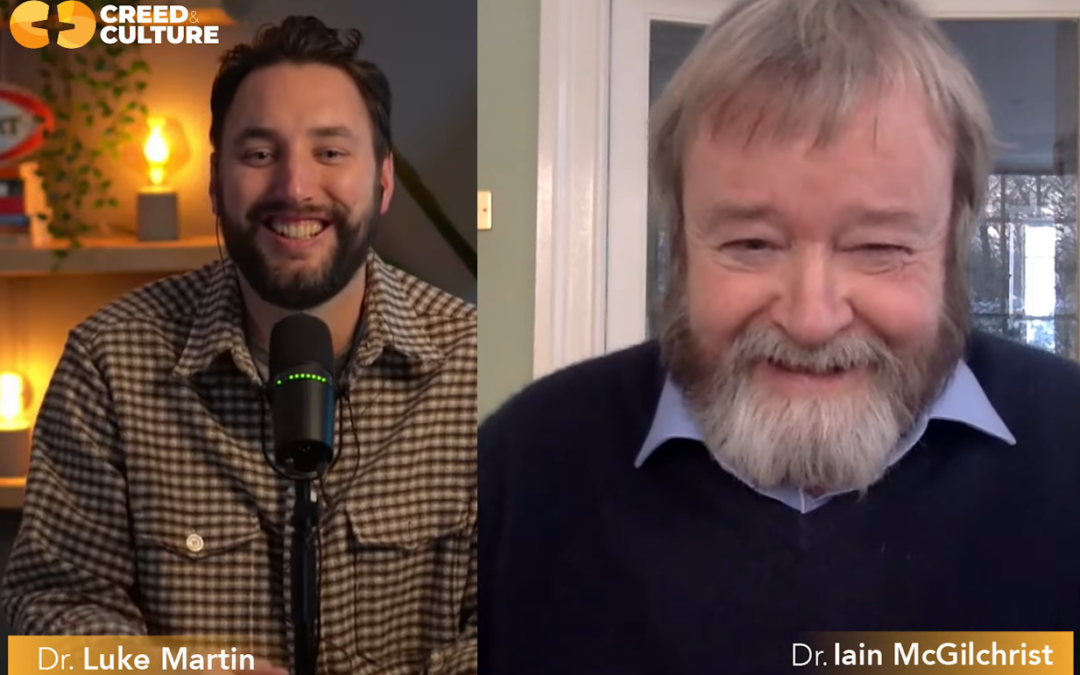
A Holistic Response to Cultural Decline with Dr Luke Martin and Dr Iain McGilchrist – Creed and Culture E:31
Running Time: 00:46:04
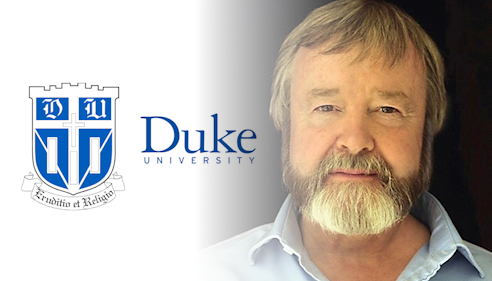
2024 John P McGovern Lecture, Duke University, USA – A Medicine More Fit for Humanity
Tuesday 2nd April 2024, 5.30pm, the Great Hall, Trent Semans Centre (in-person event) Event description. We live in an age in which we cede more and more of life to machines, raising questions for the practice of medicine. What is the calling of medicine? Is it not...
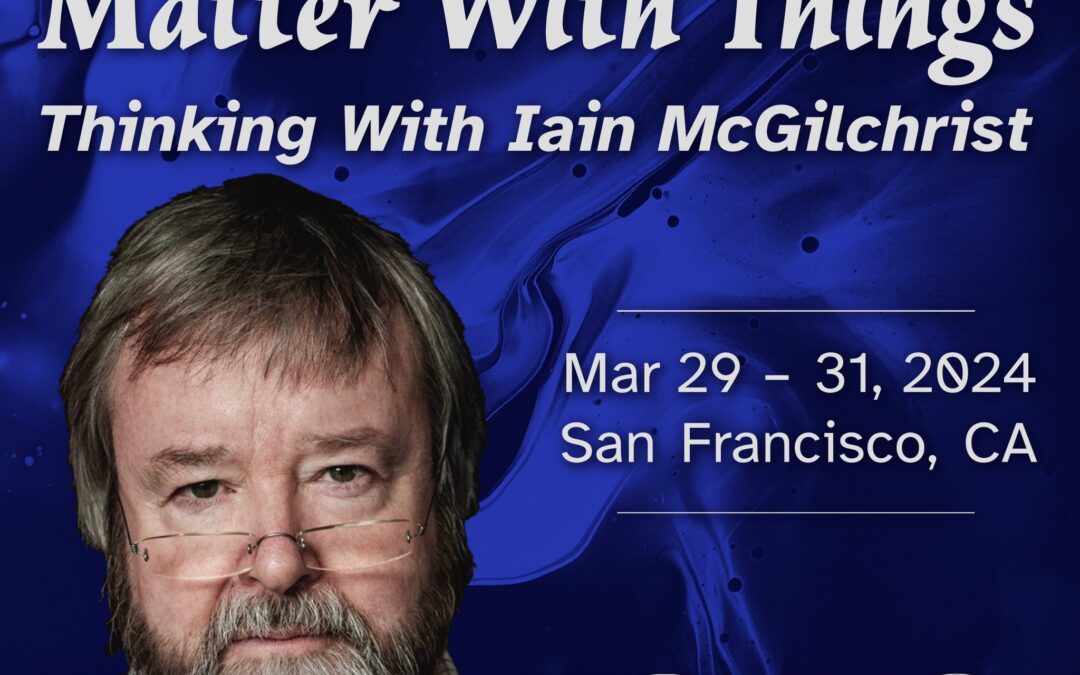
CONFERENCE VISION AND RATIONALE: San Francisco, CA – Co-organized by California Institute of Integral Studies (CIIS) & Center for Process Studies (CPS)
Friday, March 29th to Sunday, March 31st, 2024 (in person event) Event description. Iain McGilchrist’s recent magnum opus The Matter With Things (2021) constitutes one of the most significant contributions to the contemporary process tradition as revealed through...
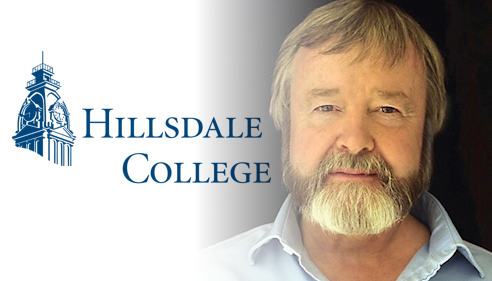
The Divided Brain and the Relationship Between the Sciences and Humanities, Hillsdale College, USA
Wednesday 20th March 2024, 4.00pm (in-person event) Event description. The author of two landmark works—The Master and His Emissary and The Matter With Things—Dr. Iain McGilchrist’s original insight into the brain hemispheres’ distinctive “takes” on reality arises...
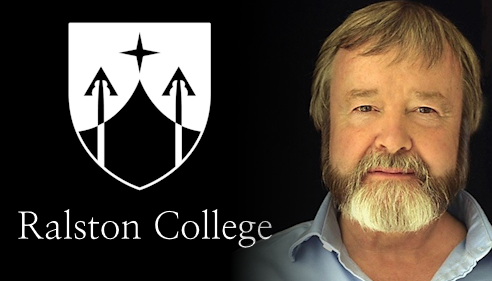
Wholeness, Imagination, and Cosmos with Iain McGilchrist, Ralston College, USA
Wednesday 13th to Friday 15th March 2024, 5pm to 7pm(in-person event - and recorded for registered attendees) Event description. The Sophia Lectures explore the perennial questions of philosophy as they bear on the meaning and value of modern life. While the...
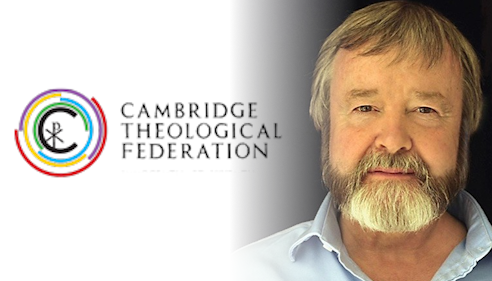
Intelligence, Imagination, Illumination: Theological Responses to Things the Matter – Iain McGilchrist speaking on Intelligence, Imagination, and the Sacred, in dialogue with John Milbank and others
Saturday 10th February 2024 09:00 - 17:00 (in person event) Event description. A one day conference exploring theological responses to The Matter With Things in conversation with Dr Iain McGilchrist, Dr John Millbank and the Cambridge Theological Federation. This is a...

The Indispensable Need to Learn to See Anew by Annmarie Sanders, IHM
Dr. Iain McGilchrist is a psychiatrist, neuroscience researcher, philosopher, and literary scholar. He is a Quondam Fellow of All Souls College, Oxford, an associate fellow of Green Templeton College, Oxford, a fellow of the Royal College of Psychiatrists, and former consultant psychiatrist and clinical director at the Bethlem Royal & Maudsley Hospital, London. He has been a research fellow in neuroimaging at Johns Hopkins Hospital, Baltimore and a fellow of the Institute of Advanced Studies in Stellenbosch. He has published on topics in literature, philosophy, medicine, and psychiatry. A citizen of Scotland, he is the author of a number of books, but is best-known for The Master and his Emissary: The Divided Brain and the Making of the Western World and The Matter with Things: Our Brains, Our Delusions, and the Unmaking of the World. LCWR communications director Annmarie Sanders, IHM interviewed Dr. McGilchrist on the need to perceive and love the world with an expansive vision and on the role of wonder and awe in the spiritual life.

Radio Skye’s Suzy Lee chats to Dr Iain McGilchrist
It's not every day you get an hour with a Psychiatrist to pick their brains on the state of the world, but today Suzy gets just that! Dr Iain McGilchrist, a renowned psychiatrists, writer and former Oxford scholar who lives in Skye is well known for his books 'His...
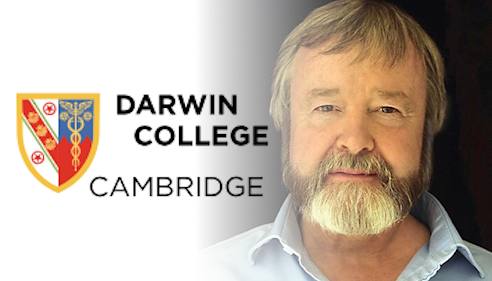
A revolution in thought? How hemisphere theory helps us understand the metacrisis – Darwin Lecture, Darwin College, Cambridge University, Lady Mitchell Hall, Sidgwick Avenue – Cambridge University
9th February 2024, 17:30-18:30 (in-person event) It is often remarked that though it may seem that we face numerous global crises of different kinds – environmental, social, political, cultural, economic, psychological, and so on – these crises are interrelated. The...
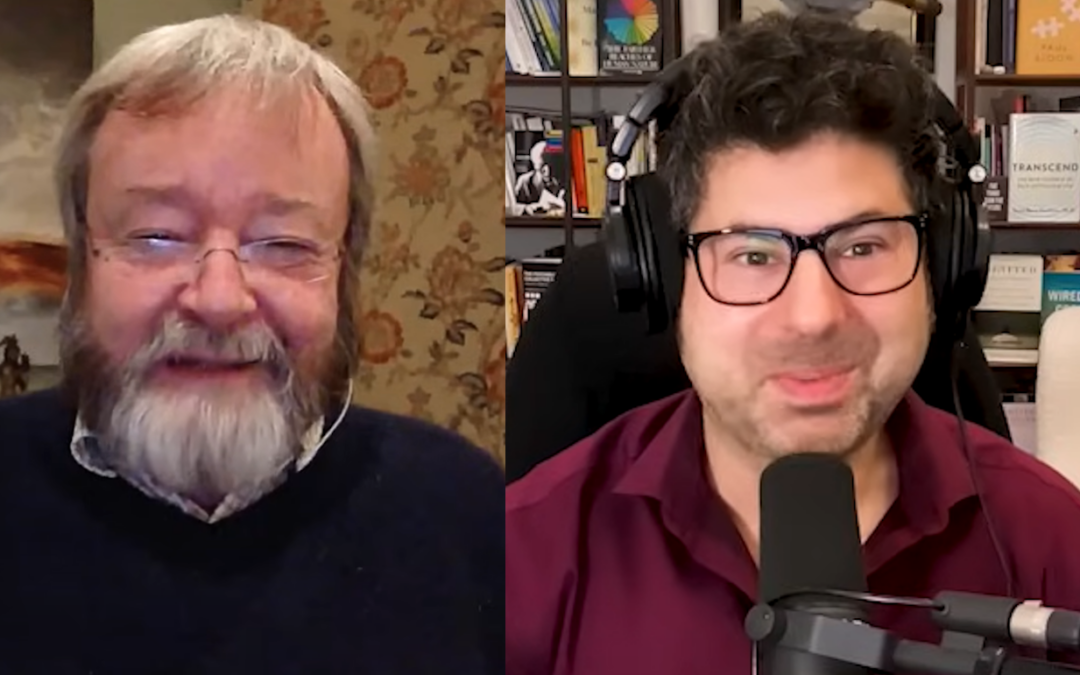
The Psychology Podcast – Right Brain, Creativity, and Meaning in Life with Scott Kauffman and Iain McGilchrist
Running Time: 01:01:56

The Divided Brain and Ways of Building the World: Parallels in the Thought of Iain McGilchrist and Christopher Alexander by Or Ettlinger
Abstract: What might have led to the fundamental changes in the built environment during the 20th century? While factors such as postwar reconstruction, urbanization, industrialization, shifts in style, or socio-political changes are surely involved, there may be deeper influences that are associated with the structure and dynamics of the human brain. Iain McGilchrist’s hemisphere hypothesis proposes that the differences between the left and right hemispheres are not functional but embody opposing approaches to the world: the left sees an atomized world made of things to be controlled and manipulated for survival; the right sees an interconnected world of wholes with which it is deeply related. McGilchrist observes that in recent centuries, there has been an increasing shift in the West towards the left hemisphere’s approach. Christopher Alexander’s lifelong quest for wholeness in the built world resonates with McGilchrist’s observations as applied to the field of architecture. Alexander observed that today’s built environment is an expression of our civilization seeing the world as a giant mechanism made of parts rather than an indivisible whole. In response, Alexander developed design methods that approach the world as a unified whole and the building of new places as a further unfolding of that whole.
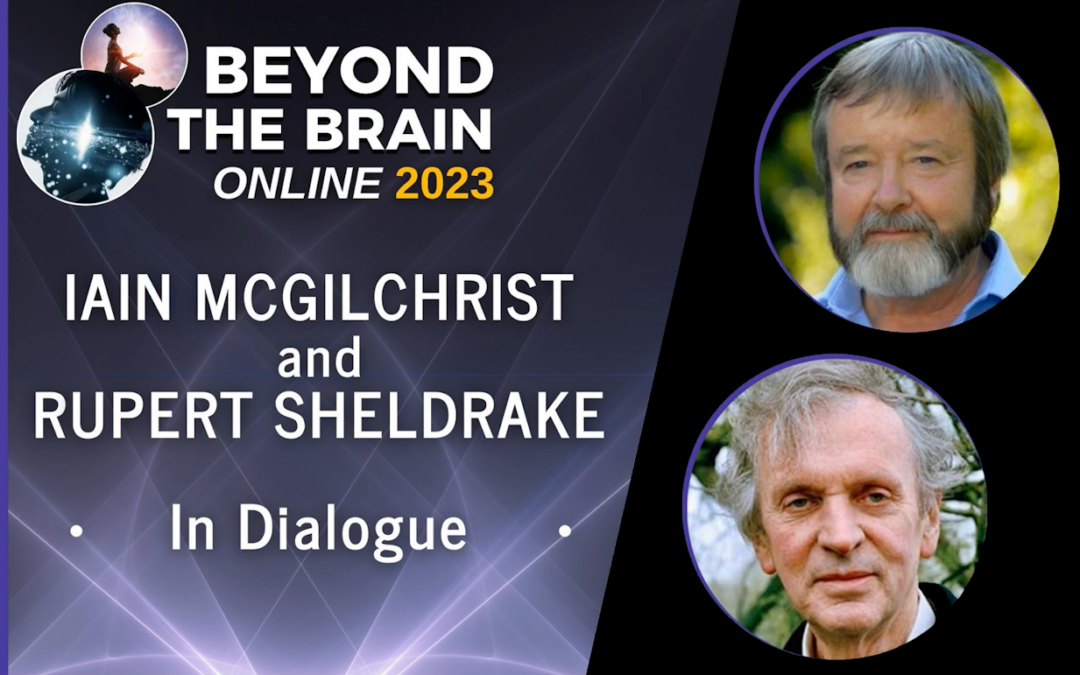
Dr Rupert Sheldrake and Dr Iain McGilchrist – In Dialogue. Saturday Morning – Beyond the Brain 2023
Running Time: 01:20:21
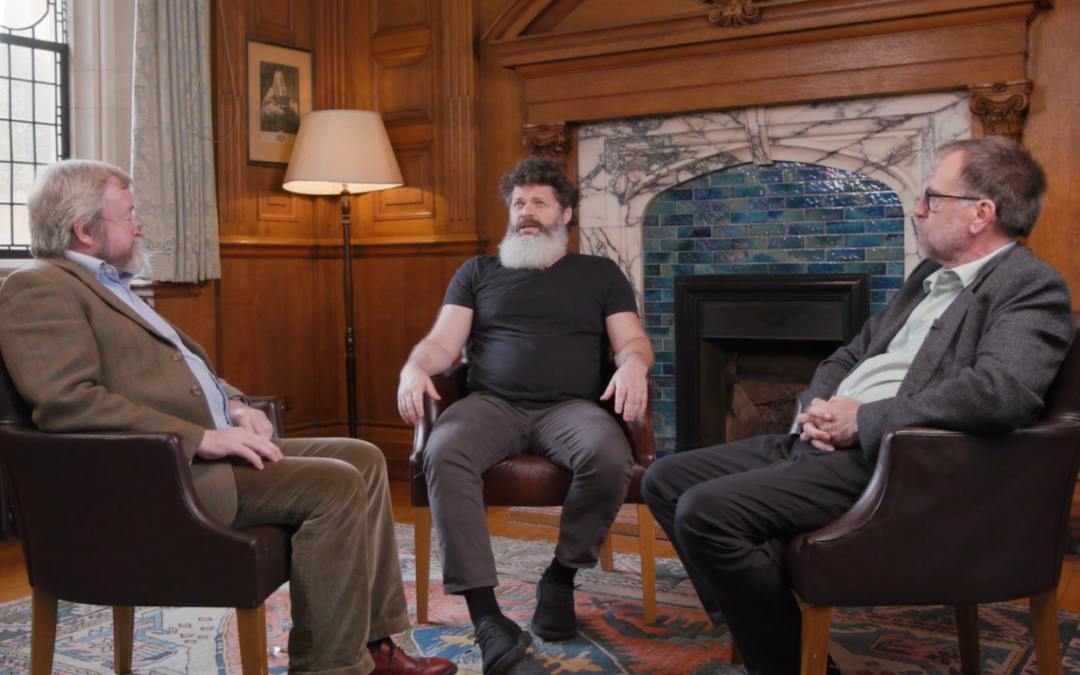
The Psychological Drivers of the Metacrisis: John Vervaeke Iain McGilchrist Daniel Schmachtenberger
Running Time: 03:21:54
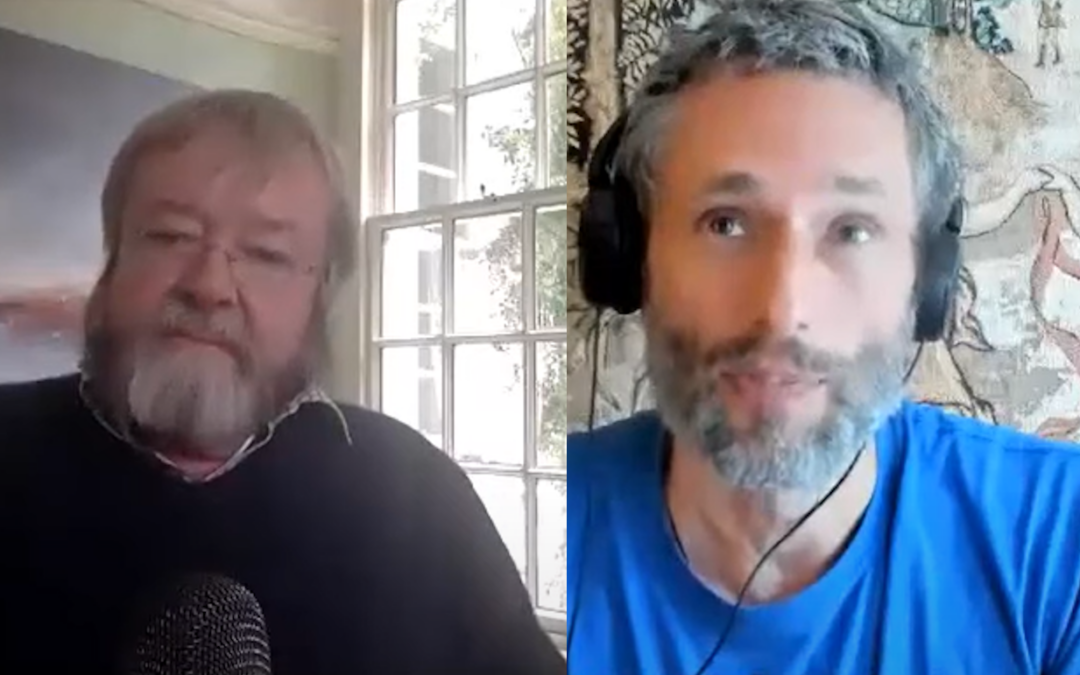
The Master and his Emissary – A conversation of Dr. Iain McGilchrist and Charles Eisenstein
Running Time: 01:28:05
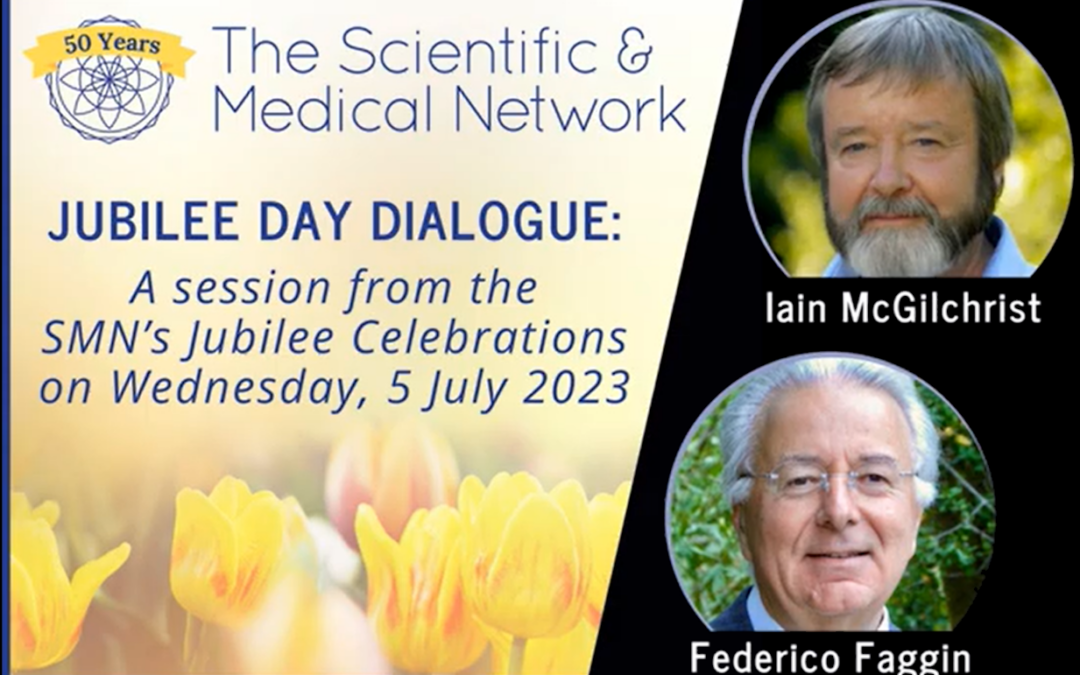
Jubilee Day Dialogue – Iain McGilchrist and Federico Faggin
Running Time: 00:46:05
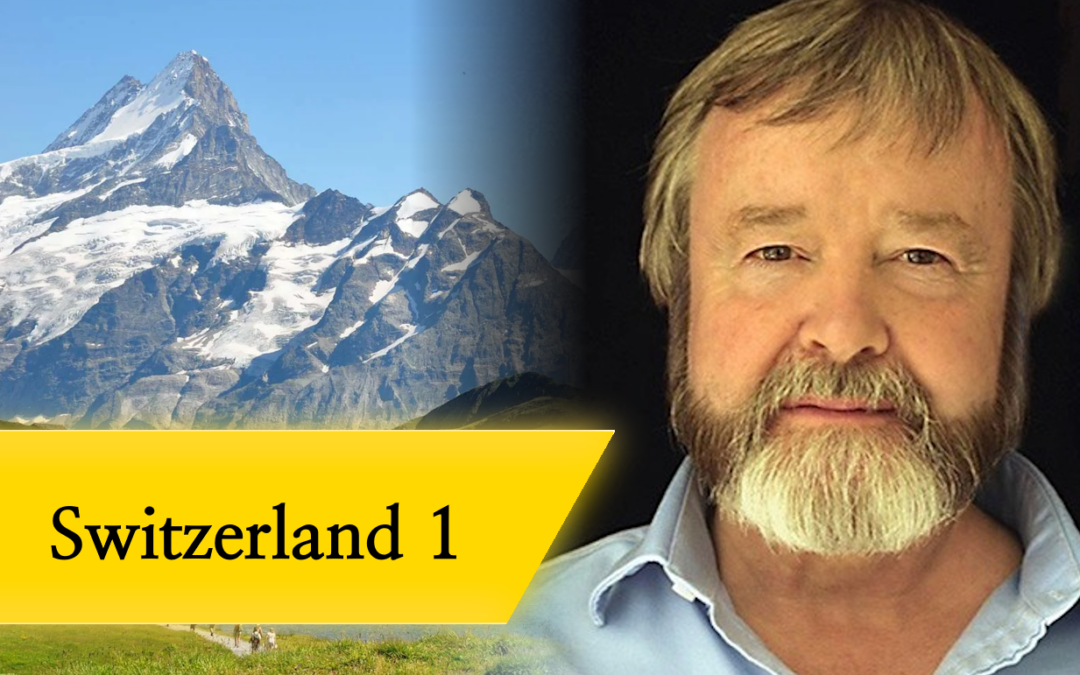
Switzerland Series 1: Perspectives on the Nature of Reality to Inform Systemic Change, Dr Iain McGilchrist, CERN, Switzerland
Running Time: 01:01:20
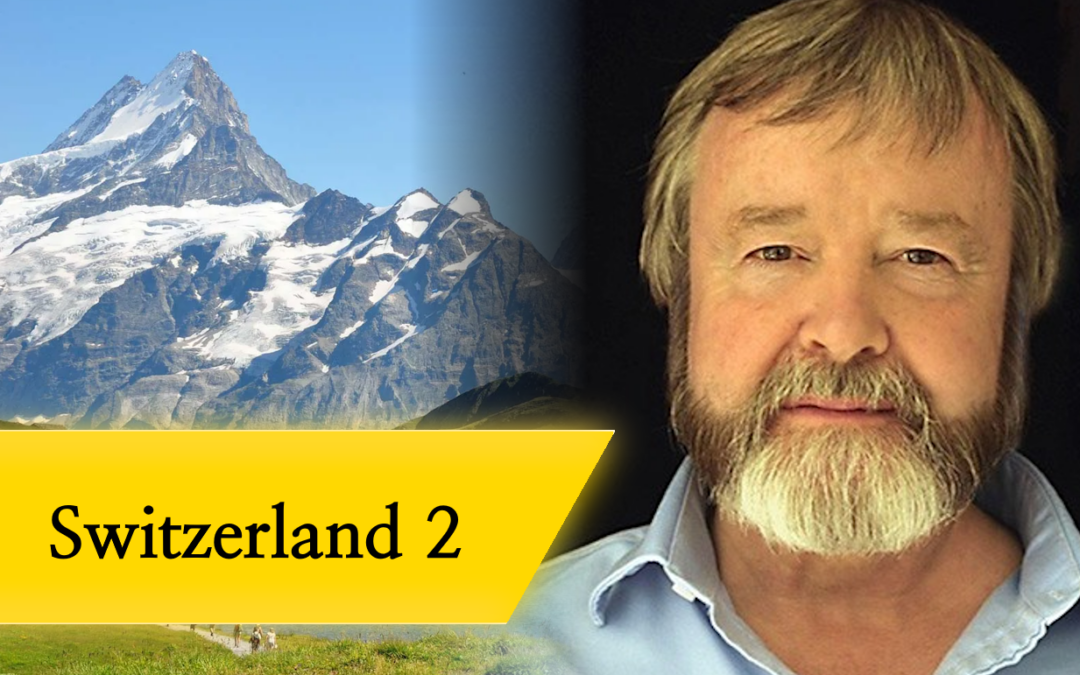
Switzerland Series 2: The Matter With Things: The Case for Shifting Our Attention, Dr Iain McGilchrist – Geneva, Switzerland
Running Time: 01:27:08
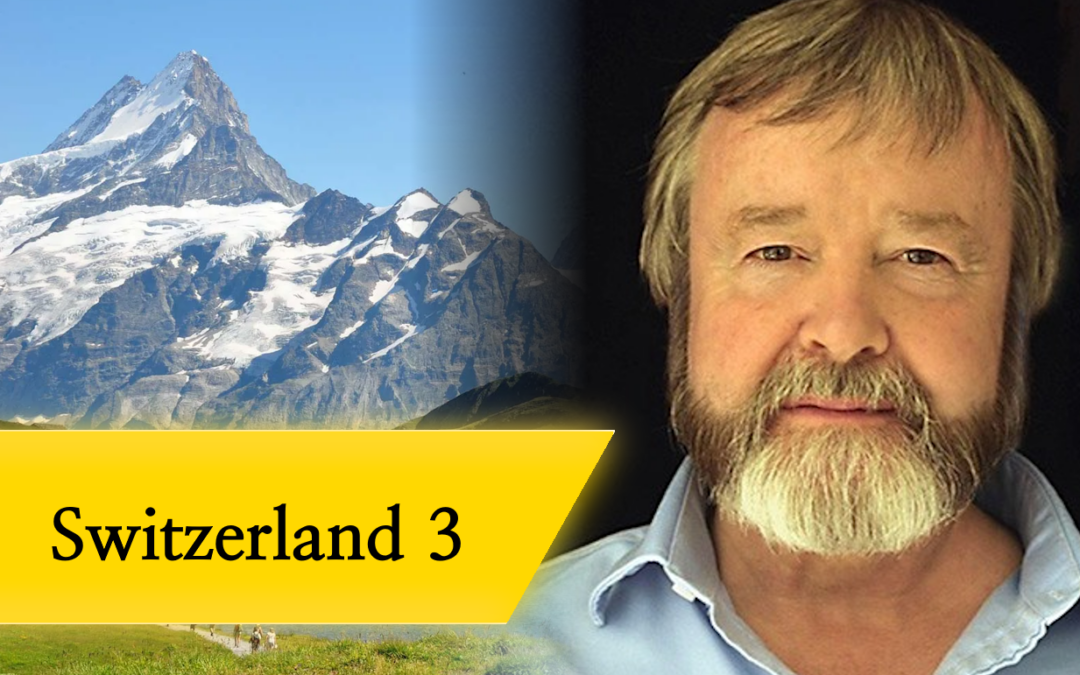
Switzerland Series 3: Panel discussion: Hemisphere lateralisation hypothesis & our approach to basic research, Iain McGilchrist at Basel, Switzerland
Running Time: 00:58:48

Iain McGilchrist – The Divided Brain and the Meaning of Life (The ‘How to Academy’ with David Malone, Audio Podcast)
This podcast (courtesy of the 'How to Academy' is taken from the members recording - 'A New Philosophy of Life' which can be found in the library section of our members area. To find out about becoming a member click here, or visit...
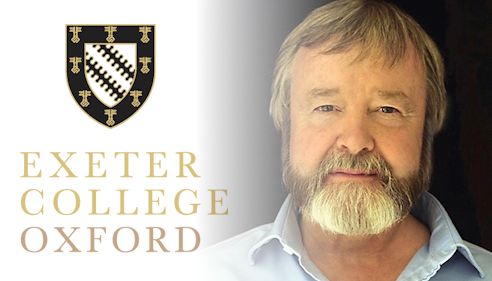
RECOLLECTION LECTURE SERIES: Dominus Illuminatio Mea: our Brains, our Delusions and the Future of the University
Wednesday 7th, February 2024, 4.00pm - 5.00pm (in-person event) Event description. Universities face a number of challenges which threaten to make them less attractive and more expensive. Indeed, some seem already to consider universities increasingly irrelevant. Yet...

All day seminar at Royal College of Psychiatrists Evolutionary Psychiatry Special Interest Group, London
5th April 2024 - further details to follow

John P McGovern Lecture, Duke University, USA
2nd & 3rd April 2024 - further details to follow
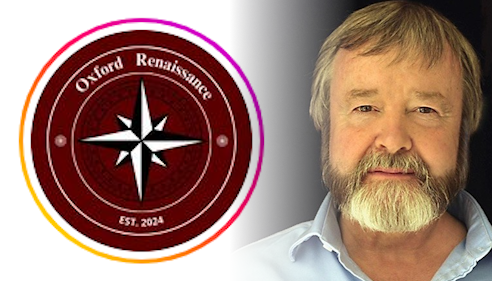
Oxford Renaissance: Dr. Iain McGilchrist
Tuesday, 6th February 2024, 17.00 - 18.00 (in person event) Event description. We are excited to be hosting our first Oxford Renaissance event with Dr. Iain McGilchrist. The event will take place this Tuesday 6th February at 5PM in Dorfman Room, St Peter's college. ...

The Consciousness of Neuroscience by Alex Gomez-Marin: Published in eNeuro
Feynman’s Birds: Richard Feynman is notorious for his witty quotes, including that “philosophy of science is about as useful to scientists as ornithology is to birds.” Indeed, some neuroscientists would look perplexed in front of analytic accounts of their own practices, methods, and foundations. Starlings fly by flapping their feathered wings and yet, regardless of their individual skills and collective choreographies, they may be ignorant about how and why they do it.
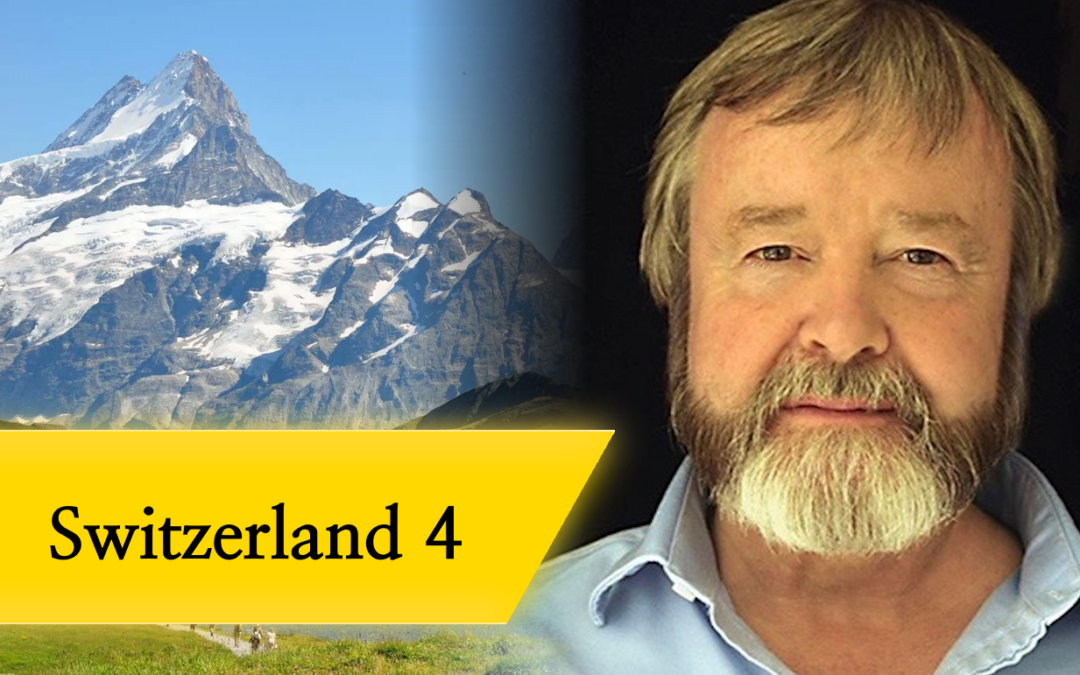
Switzerland Series 4: Lecture – The hemisphere lateralisation hypothesis & our approach to basic research by Dr I. McGilchrist, Basel, Switzerland
Running Time: 00:40:52
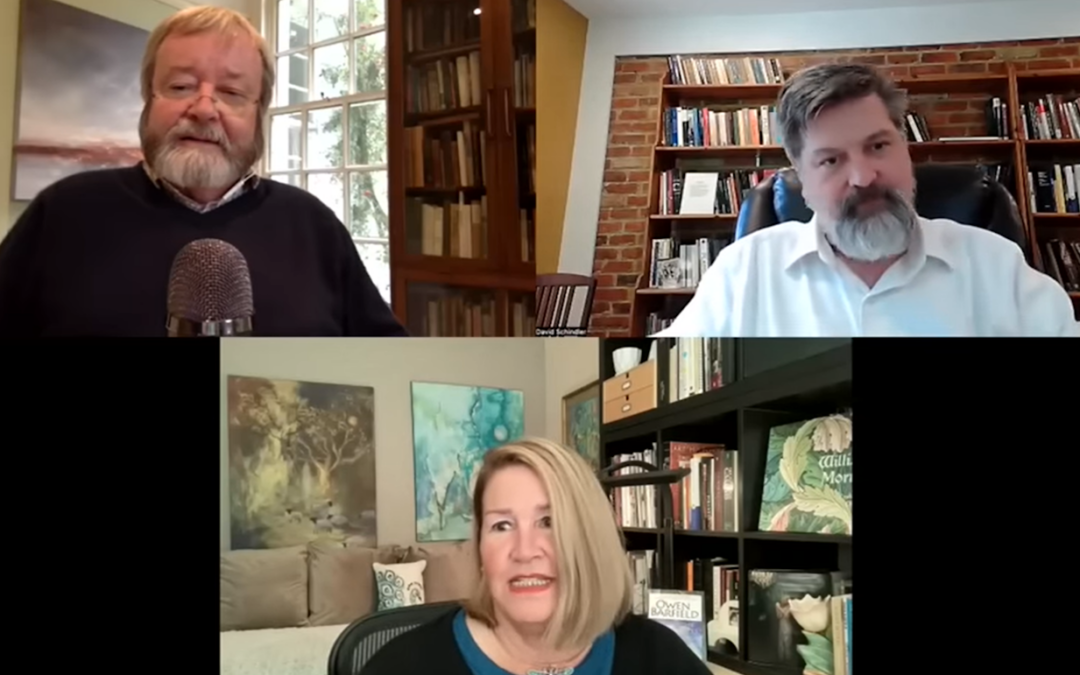
Iain McGilchrist and D C Schindler: Is Love the Source and Sustenance of Everything in the Universe?
Running Time: 01:20:02
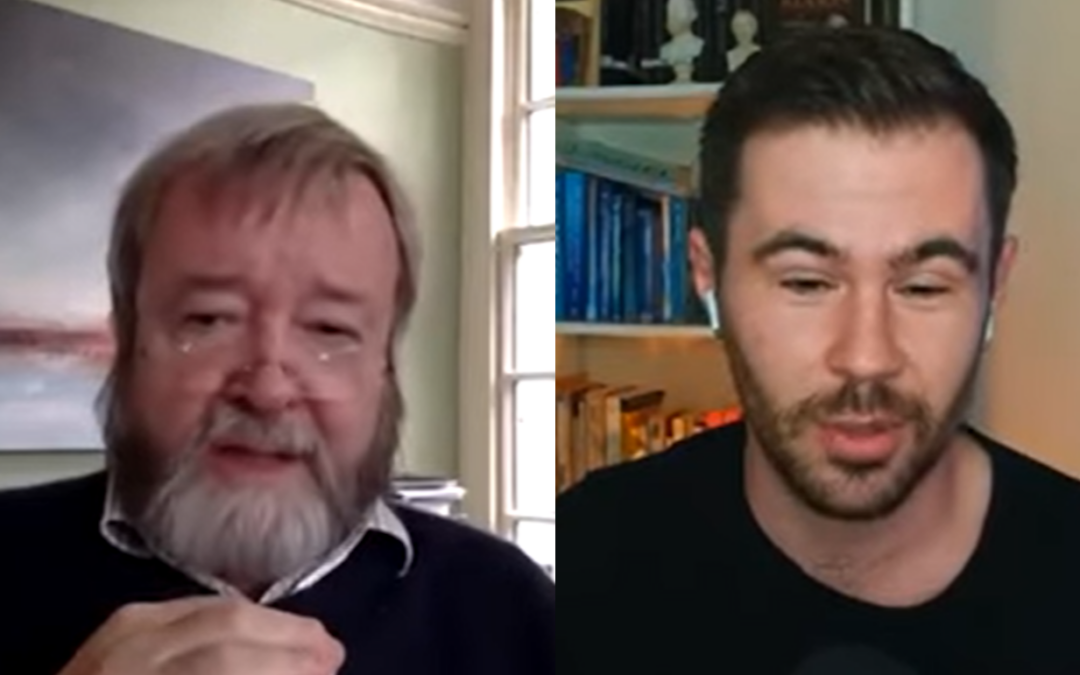
Mahon McCann with Dr Iain McGilchrist: use NEUROSCIENCE to master your ATTENTION
Running Time: 01:02:20
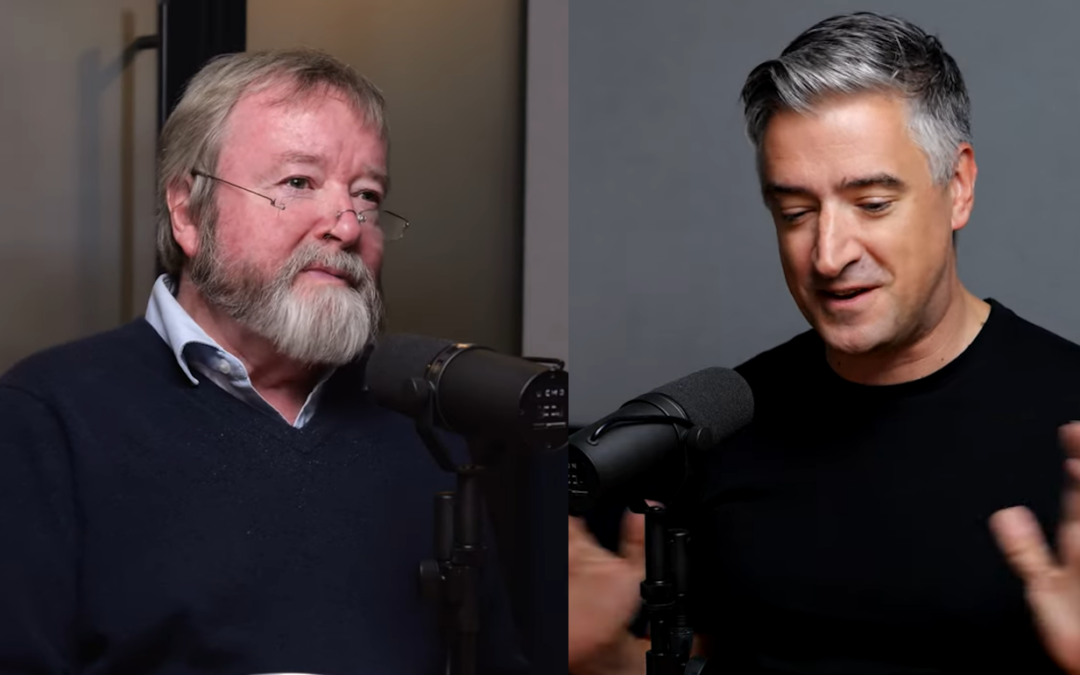
Uncensored CMO – The divided brain, attention and how we see the world with Dr Iain McGilchrist
Running Time: 00:48:35
The ‘Beaconsfield Podcast’ #18 The Call to Repair with Dr Iain McGilchrist
Running Time: 00:53:18
